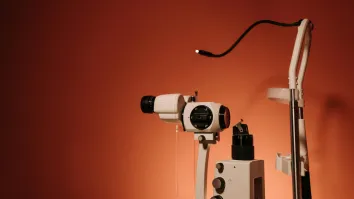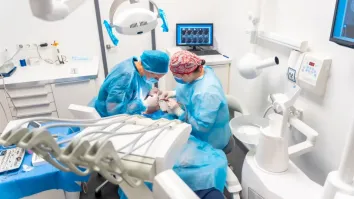
Chinese vaccines remain vital in developing nations despite criticisms
Developing nations face inadequate supply as developed nations stockpiled vaccines from top manufacturers.
Amidst the global demand for COVID-19 vaccines and the supply-demand gaps, Chinese vaccines remain crucial for developing nations’ vaccination programs despite criticisms regarding real-world data on the vaccines’ efficacy, according to a report from GlobalData.
The country has so far provided COVID-19 vaccine aid to more than 50 developing nations. However, Chinese vaccines were criticized for lack of peer-reviewed data over their efficacy in Phase III trials.
GlobalData’s Pharma Analyst Prashant Khadayate commented that Chinese vaccines have shown varied efficacy rates across countries in clinical trial settings from over 50% to 79%, and real-world data appeared to validate the data observed in a clinical trial setting.
“However, low efficacy observed in real-world data will not hurt the future uptake as developed nations have already stockpiled large quantities of COVID-19 vaccines from leading manufactures... leading to inadequate supply for developing nations,” Khadayate said.
Amongst the top 15 economies, Brazil and Mexico are the only two countries that have approved Chinese vaccines. GlobalData noted that most of the COVID-19 vaccines being supplied to developing countries are by companies based out of Russia, China, and India.
However, India is currently struggling with a severe second wave of COVID-19 and the focus is shifting towards vaccinating its own population and less towards supplying other nations.
As a result, the WHO-backed COVAX initiative has slashed the number of vaccines to be delivered by end-May from about 240 million doses to 145 million. The initiative was also only able to supply 41 million doses so far of its two billion doses promised by the end-2021.
“Chinese vaccine manufacturers are already playing a key role in supplying vaccines to developing countries. The supply of COVID-19 vaccines from China are expected to improve further and be of increased importance amid the supply issues within India in the wake of second wave of COVID-19,” Khadayate said.



















 Advertise
Advertise





